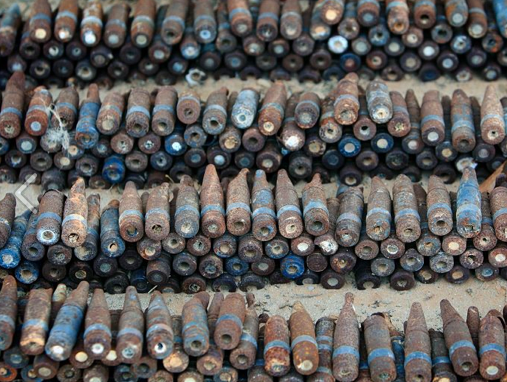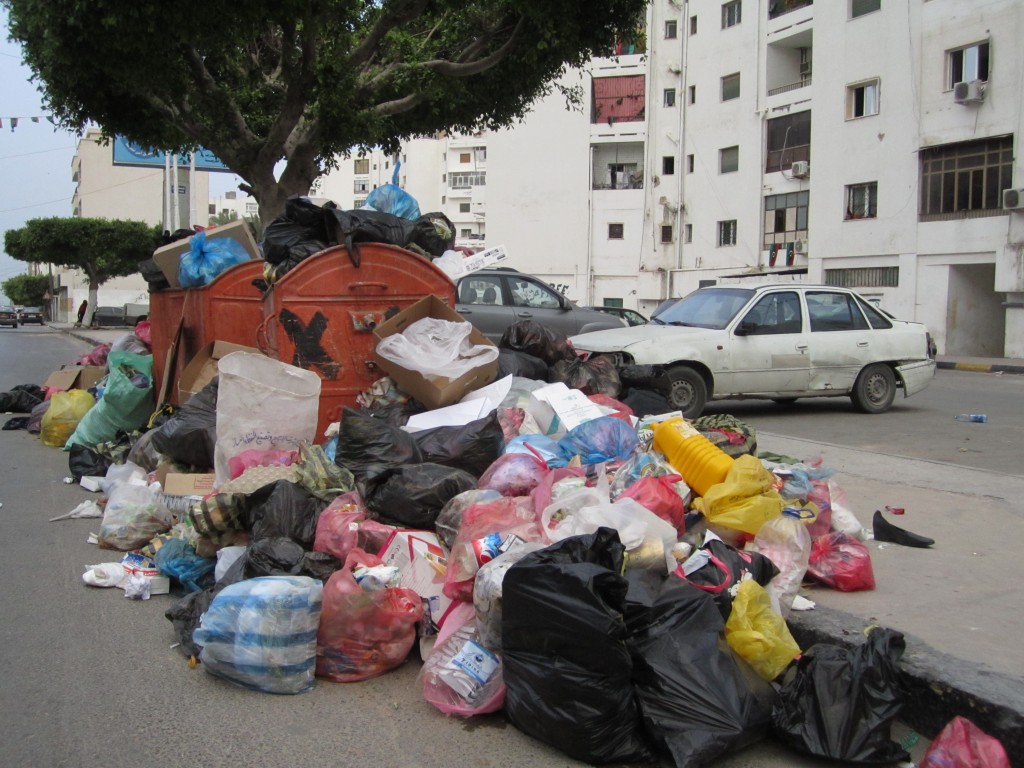By Reem Tombokti.

Tripoli, 7 July 2013:
The clearance of mines and unexploded ordinance in Libya is facing an uncertain future, with an $18.5 . . .[restrict]million shortfall in funding.
International and national bodies in charge of clearing the country of mines, munitions, and unexploded ordinance have already made large areas of the country safe. Since the revolution, international organisations, with the help of local NGOs, have cleared a total of 14,152,828 square metres.
More than three quarters of a million explosive remnants of war, along with small arms ammunition, have also been destroyed in controlled demolitions, which shows the scale of the problem Libya still faces.
Much work remains to be done but, funding shortages are threatening the continued clearances.
“We need more help from the Libyan government,” Khaleel Al-Gharyani from the Libyan Mine Action Centre (LMAC) told the Libya Herald. “What we currently receive is not enough, although the situation right now is much better than it was,” he added.
The UN Mine Action Service (UNMAS) has said that technical assessments and surveys to identify the full extent of arms, ammunition, land-mines and unexploded remnants of war are now needed. Supporting the Libyan government in areas of overall safety and security, including ammunition management projects, is another priority.
“We are very pleased to support the Libyan government in its efforts to counter illicit proliferation of arms and material based on Libyan priorities,” deputy head of Arms and Ammunition Advisory Section of UNSMIL, Julia Goehsing told the Libya Herald. [/restrict]








